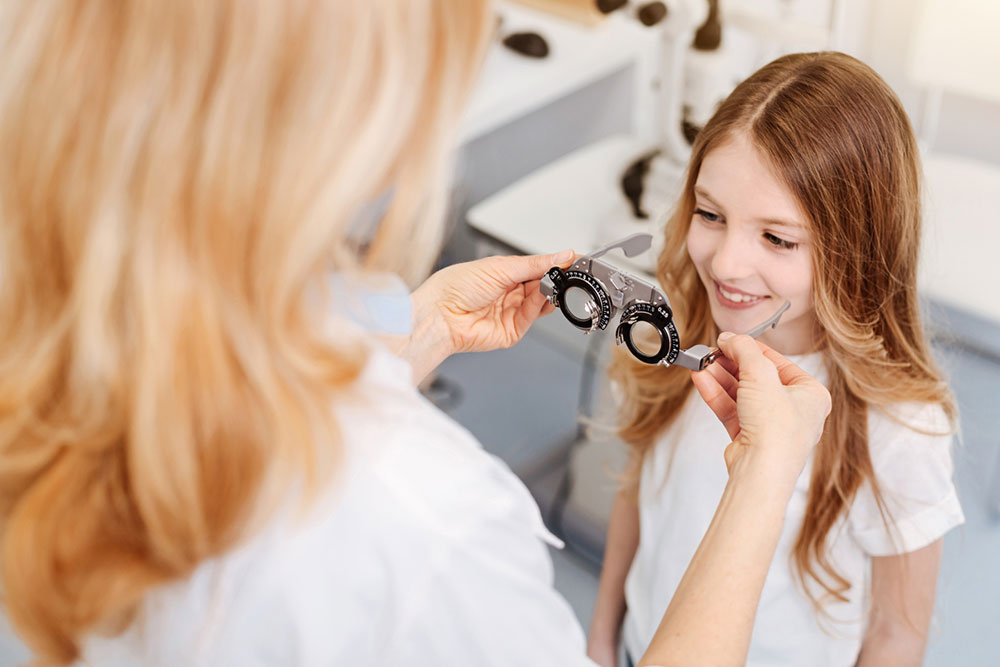
4 questions to ask when consulting an ophthalmologist
Going for regular eye checkups is an important part of maintaining eye health. Such examinations provide insights into the overall health of one’s eyes and create a healthcare history for future reference. Ophthalmologists are health experts with professional training and experience in diagnosing and treating eye-related conditions. When consulting ophthalmologists for eye examinations, one must also ask important questions concerning eye health to understand eye-related conditions and make informed decisions about treatment and care.
- What are the tests being conducted?
Eye examinations can often trigger anxiety among individuals, mostly concerning tests conducted by ophthalmologists. Even the eye drops these professionals administer into the patients’ eyes to dilate their pupils – can cause discomfort. However, these remedies are important because they help doctors by allowing them to examine one’s eyes better by dilating the pupils. To clear any doubts about eye exams, patients should communicate with their ophthalmologists about the tests planned for them and why they are important. This helps individuals understand eye examinations better and relieves anxiety before checkups.
- Is there a risk of any eye disease developing?
Once the test results of the eye examination are in, individuals must ask the doctor if they are at risk of developing an eye-related condition. Several eye ailments can develop due to factors such as diabetes, high blood pressure, and even a family history of certain conditions. So, if an individual is at risk of developing an eye disease due to these factors, being aware of it can help them take the necessary preventive measures. An eye doctor will also be able to guide one about how they can prevent or slow down the progression of a specific disease.
- What are the signs and symptoms to look out for?
Often, individuals ignore or are unaware of certain warning signs that indicate worsening eye health. These could include frequent watering of the eyes, redness, itchiness, and dryness, among others. Sometimes, even long-lasting headaches can be a sign of an eye-related condition. To stay vigilant about eye health, it is crucial to understand such symptoms. So, during their next eye checkup, individuals must ask the ophthalmologist about the common signs and symptoms of eye diseases they must look out for.
- What is the best way to take care of eye health to avoid potential issues?
Due to work demands, many individuals face the computer screen for more than 8 hours a day. Since this can affect their eye health, it becomes important for them to understand how to take good care of their eyes to prevent potential issues. An ophthalmologist can suggest the best tips for properly caring for one’s eyes. This can include lifestyle modifications such as staying hydrated, eating healthy foods, and wearing sunglasses when stepping out during the day.







